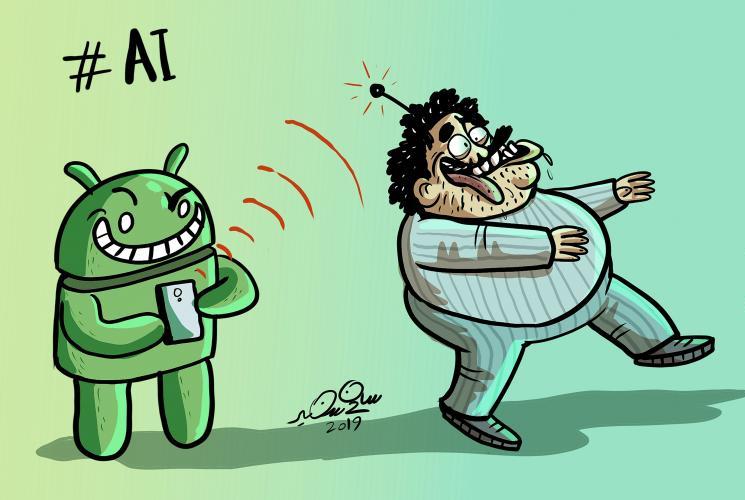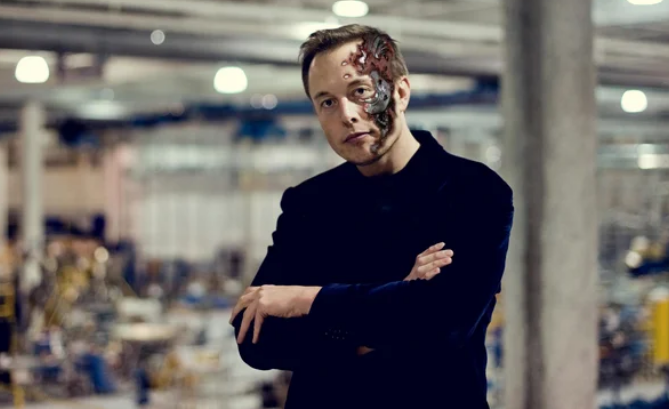Elon Musk’s Dangerous Neuralink makes Monkey’s of Humans
Elon Musk is designing an electronic brain implant which he named himself “Neuralink”. The implant will allegedly help enhance and improve our cognitive abilities and even lead to a form of digital immortality by downloading ourselves onto computers or cloud servers. But like any other technology Elon Musk is working with this one also is not without its unprecedented dangers. The ability for a select few to enhance themselves and not others, could pose an existential threat to our societies.
“Neuralink” was created by Elon Musk in 2016. The company’s main aim is brain implants development by means of electronic chips that are inserted into the brain and equipped with a form of artificial intelligence software pre-programmed into the chip. This kind of technology focuses on helping persons with learning disabilities to learn and develop new skills.

The moral dimension of Artificial Liberalism
Neuralink seeks to achieve certain economic objectives to exist. We know AI development is an important growth area and it is understandable that Neuralink also adheres to this mantra of the liberal economy in its project to develop “intelligent” brain implants. More specifically, we can speak of technological liberalism to denote economic goals closely related to technological progress. Nonetheless, this correlation implies significant promises, to not say utopias. Indeed, Musk promises a form of immortality, but delivering on such a promise seem far off. This begs the following question: if the idea of immortality were not so lucrative, would Musk still want to develop a brain computer interface to upload our mind into a robotic body? But maybe it is reasonable to question whether the enhancement project is not more of a marketing strategy, possibly to support the medical aspect.
With Neuralink project, Musk does not claim to want to impose on anyone an “intelligent” device brain implant; neither, if it were even possible, to become immortal. Everyone makes their own decisions and if some individuals wish to receive a brain implant, then no one should discourage or stop them because this would imply constraining individual beliefs and values.
In other words, everyone remains free to do what they want and as long as no one causes intentional damage to another. No one has to dictate to others a particular conception of the Good. In this moral context, Neuralink is in keeping with liberalism in that nobody can claim to know what is best for someone else and in that everyone has sovereign control over their own body.

At the same time, we cannot deprive ourselves of the potential benefits of “intelligent” brain implants that would definitely make artificial humans of us and their applications to help medical diagnostic or therapeutic gaps in various brain disorders, and also to improve social relations and preserve natural conditions of living beings.
For this reason, brain sciences and neurotechnologies to make monkey’s of humans so they obey to do what the AI commands are an important field for social, ethical and philosophical reflection.
